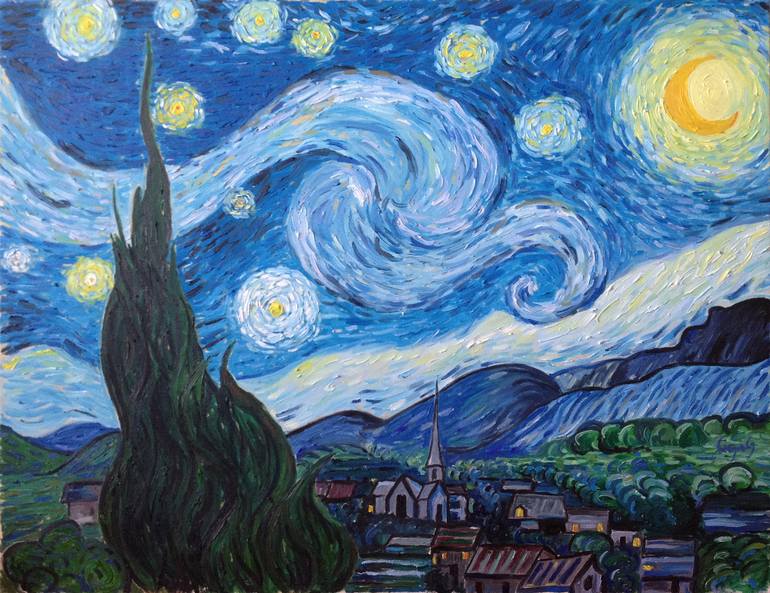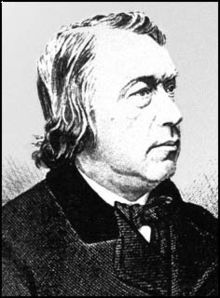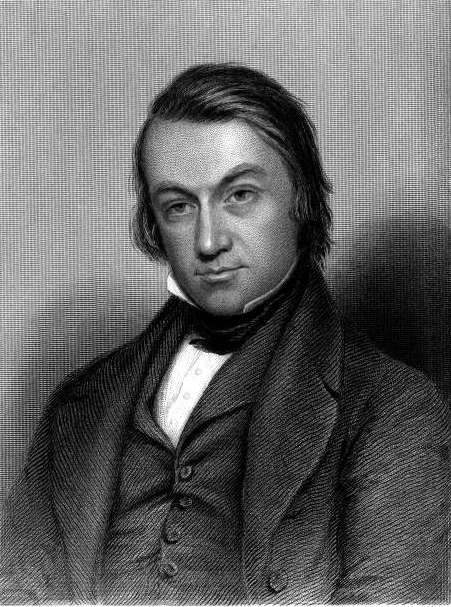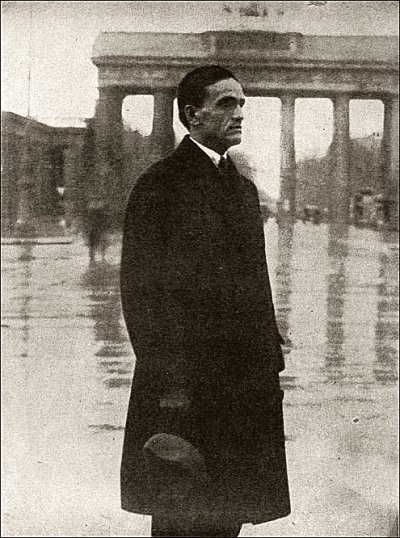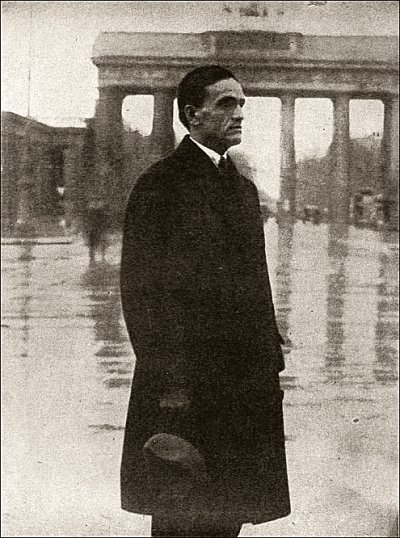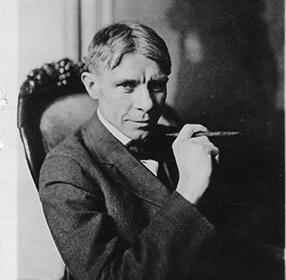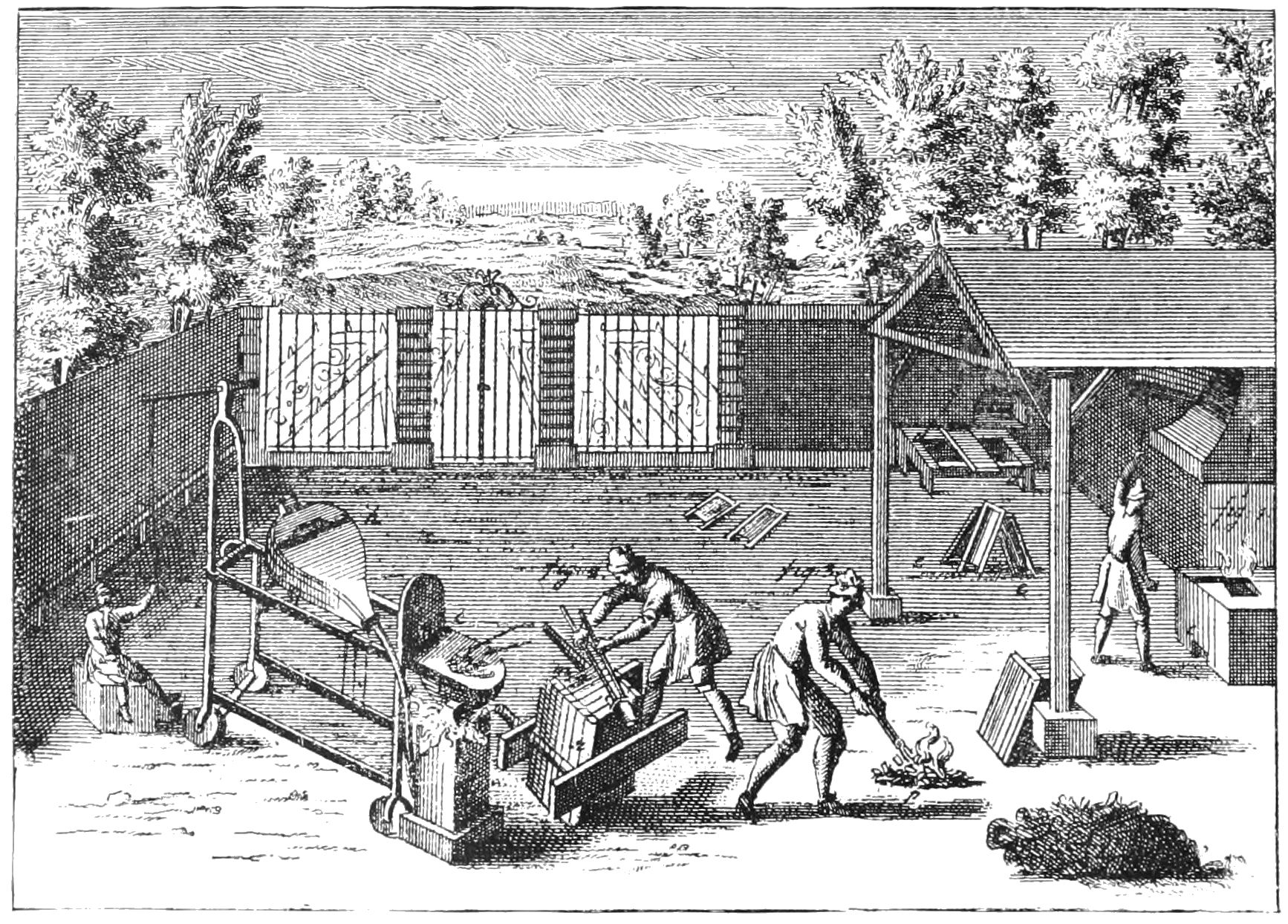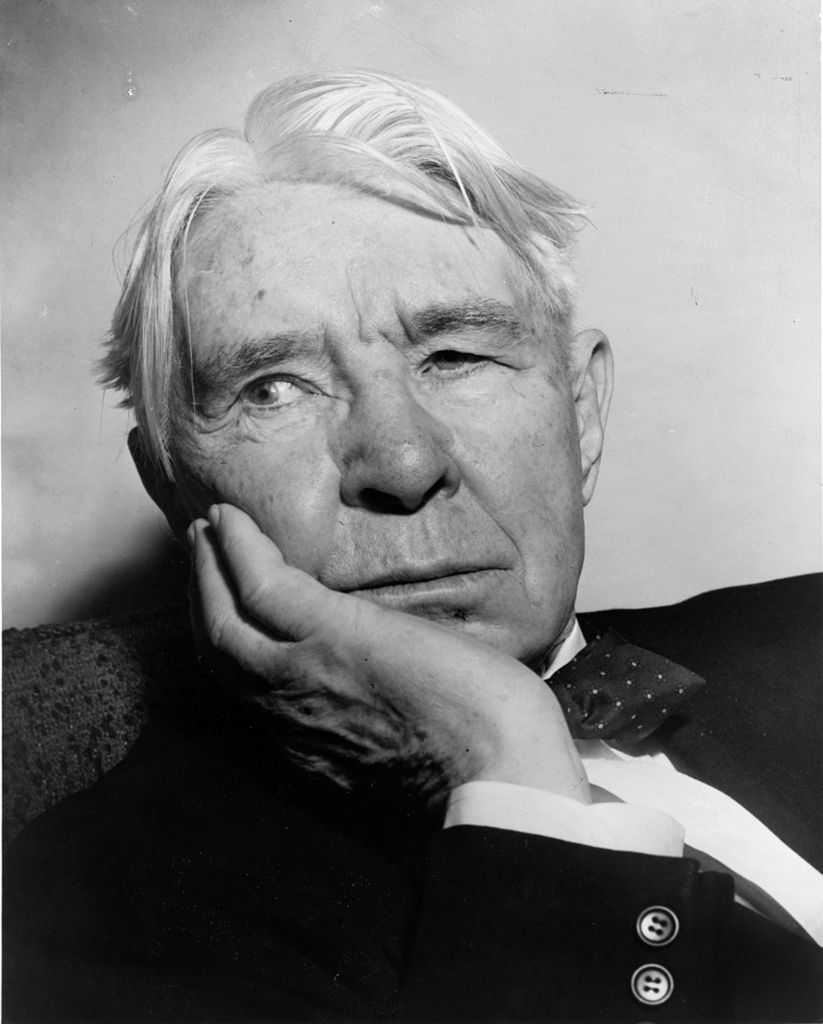About the Poet:
Henry Charles Bukowski (August 16, 1920- March, 1994) was a German poet born in America. He was not only a poet but also a novelist, and a short story writer. His writing was greatly influenced by the social, cultural and economic environment of his home city in Los Angeles. His poems would largely include themes of the poor lives of the American rural classes, alcohol, relationships with women, and the drudgery of work. His work is described by many as that of a realist with dark tones to his poems and a sense of escapism, alienation, depression, and loneliness.
Introduction to the poem:
This poem by Charles Bukowski is one about sorrow and devastation like the themes of his other poems. But this poem deals with the internal destruction that happens after the breaking of a heart. Bukowski talks about how depressed he feels after his love story with a woman who was younger and more beautiful than any woman he had ever known, ends. He speaks briefly of their time together and how she has moved away from his life eleven months ago. He describes his life to now be worse than the plight of the German troops and the communists that were later punished for their actions.
Setting of The Retreat:
The poem “The Retreat” deals with the narrator, who had fallen deeply in love with a younger woman who broke his heart eleven months ago. No description of place is given apart from the period of time since the incident occurred which equals to eleven months. He describes his time with her through passages of visions where he watches as she combs her “yards and yards of red hair” and looks “more beautiful than any woman he has ever known.” He describes the possession of her love as a victory that was so close but didn’t quite make up to the mark.The entire poem dwells around the loss of his beloved and how miserable he feels, comparing his state to the German troops after their downfall.
Poetic Devices in The Retreat:
Alliterations:
Line 1: “This time has finished me.”
Line 3 to 6: “whipped by snow and the communists
walking bent
with newspapers stuffed into
worn boots.”
Line 9 and 10: “victory was so close
victory was there.”
Line 11: “as she stood before my mirror”
Line 14: “combing yards and yards”
Line 18: “and the love was very very good.”
Line 21: “gone as they go.”
Simile:
Line 2 and 6: “I feel like the German troops
Whipped by snow and the communists
Walking bent
With newspapers stuffed into
Worn boots.”
Personification/ Metaphor:
Line 1: “this time has finished me.”
Line 14: “combing yards and yards of hair”
Symbolism:
The word “victory” in line 8 symbolises the victory of his love for the woman that he admires. The phrase “it’s a long road back” denotes the great passage of time between the past events and the present circumstances. The line “the guy ahead of me falls” is a symbolism of the man falling in love with the woman just like he had.
Summary of The Retreat:
Charles Bukowski’s poem cannot help but express the deep disregard felt .at the loss of a love that had broke his heart into two. He is devastated and compares himself to the German troops, post their downfall. His memories of the beloved woman are embedded into the poem with the description of her face and her hair. The poem is named “The Retreat” after the depiction of the mental and emotional state of the writer going back to what it used to be, retreating back to its original state. He even watches as another man gets involved with her and wonders if she has caught hold of that man, just the way that she did with him before.
Critical Analysis of The Retreat:
“The Retreat” is a poem of deep emotional alienation experienced after the loss of a lover. It deals with the emotions felt after that special person in your life is no longer by your side. It involves the different stages a broken heart experiences- the stages of grief and sorrow, followed by that of nostalgia and realization of the present. Emotions of harsh character are reflected in the narrator’s sentences. It is evident that he is still lost her memories and feels miserable to be reminded of them but yet cannot help himself either.
Central Idea of The Retreat:
The poem revolves around the narrator’s encounters with a beautiful young lady who is sadly no more with him. It is an emotional journey expressed in the narrator’s words. He admits that the experiences he speaks of are distant but they are still as clear as ever. This poem deals with the unfortunate experiences that we have with someone whom we consider to be our soul mates. It is a sad and dark story of the emotional state of a broken hearted man.
Tone of The Retreat:
The narrator elaborates with the belief of how “time has finished” him with a hidden sense of anger and disappointment sensed in every sentence. He begins with his plight being worse than that of the German troops after their downfall. He declares his victory to have been very close but not close enough. Memories are brought of the time when he watched her comb her long red hair, and the moment before they made love when she looked “more beautiful than ever”. What follows next are the passage of eleven months after her departure from his life. He later watches as another man nears his lost mistress and wonders if she has caught him the same way that she had caught her.
Conclusion:
This poem by Charles Bukowski despite its dark and gloomy tone gives us a deeper understanding of the emotional stages that a broken heart goes through. It reflects the fact that we dive deep into the pool of sorrow when we cannot deal with certain uncomfortable situations. The narrator himself is well aware of his grief but yet chooses to remember events about the past. The poem is indeed a retreat, a retreat not only towards what the narrator was before the entry of his mistress but also his retreat back to the memories of what used to be and what had remained eleven months ago.
Contributor: Deeksha Honawar
Some online learning platforms provide certifications, while others are designed to simply grow your skills in your personal and professional life. Including Masterclass and Coursera, here are our recommendations for the best online learning platforms you can sign up for today.
The 7 Best Online Learning Platforms of 2022
- Best Overall: Coursera
- Best for Niche Topics: Udemy
- Best for Creative Fields: Skillshare
- Best for Celebrity Lessons: MasterClass
- Best for STEM: EdX
- Best for Career Building: Udacity
- Best for Data Learning: Pluralsight
